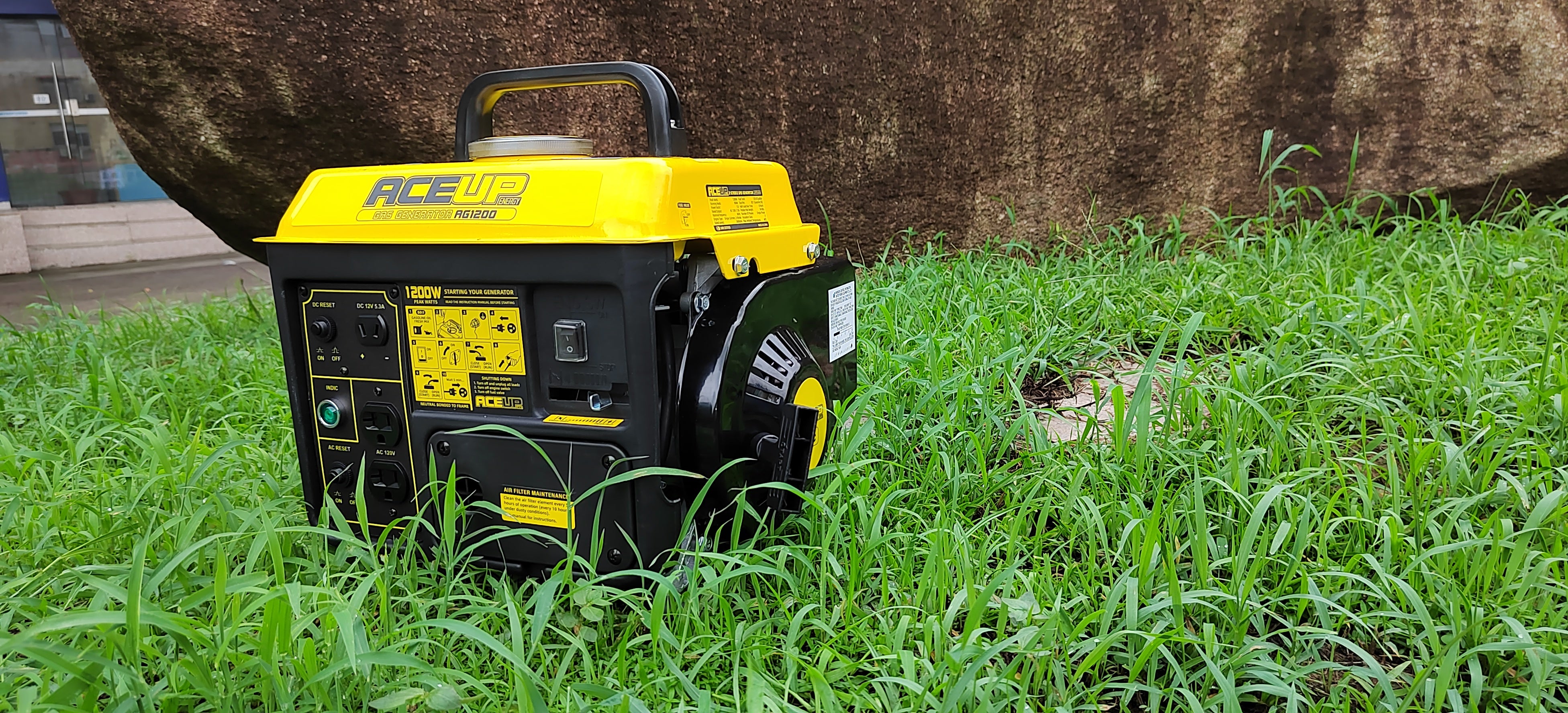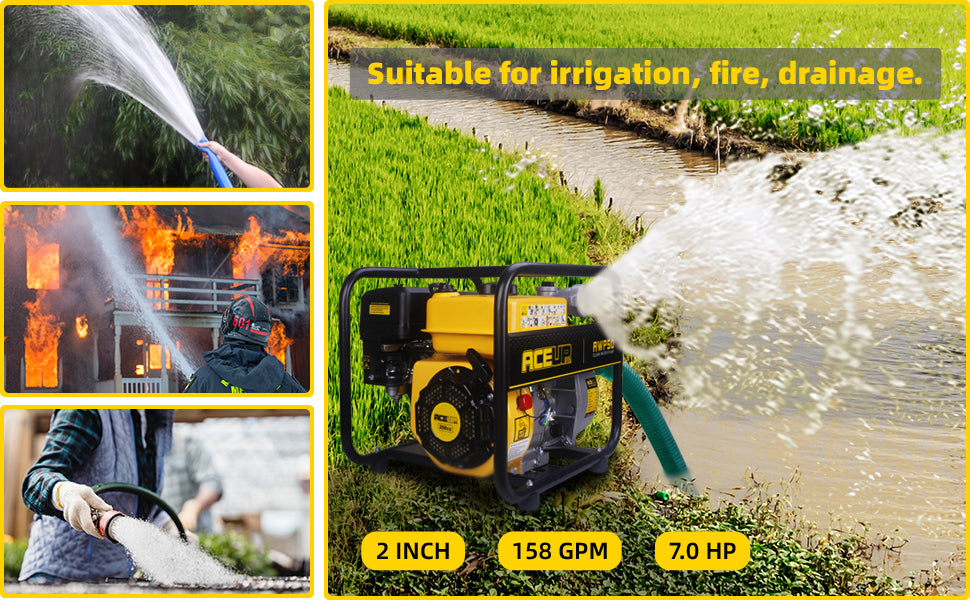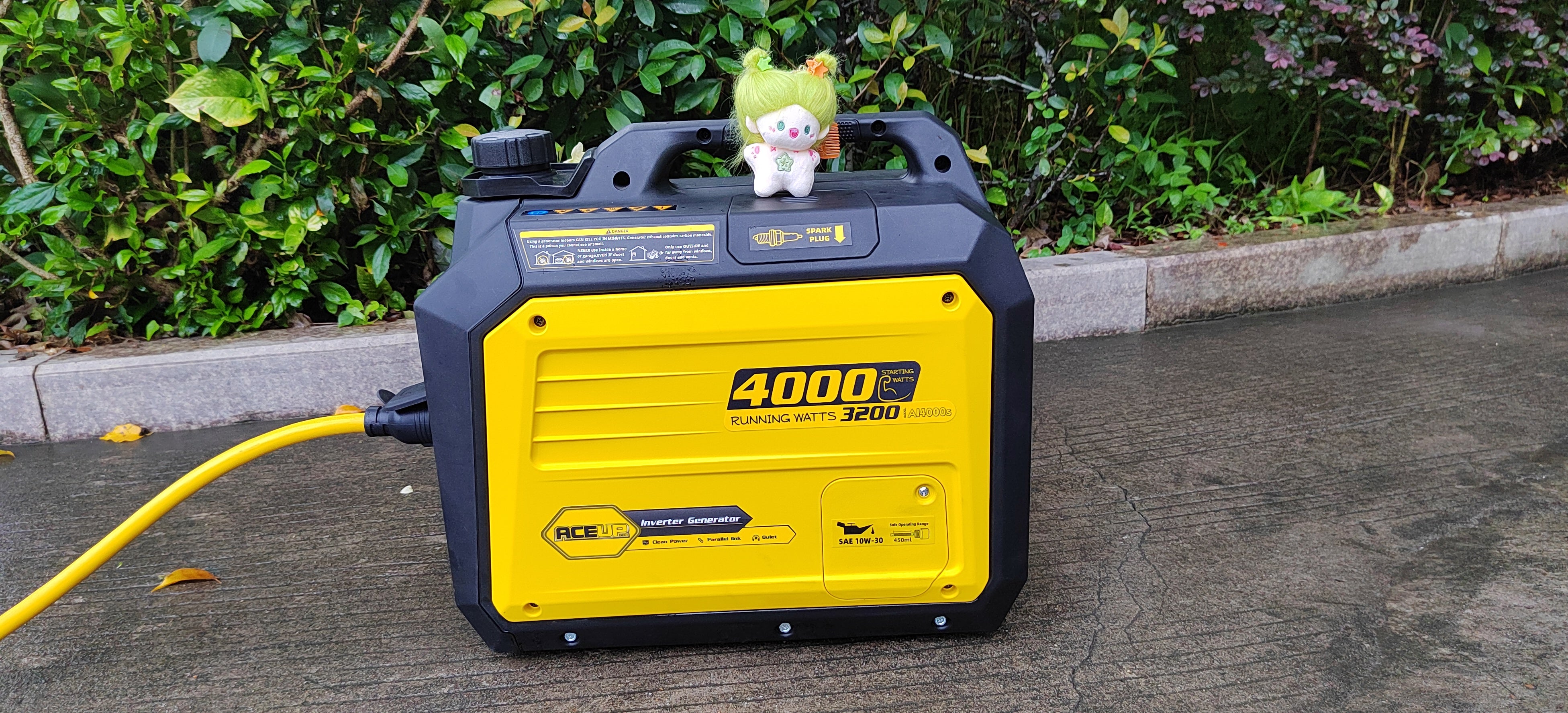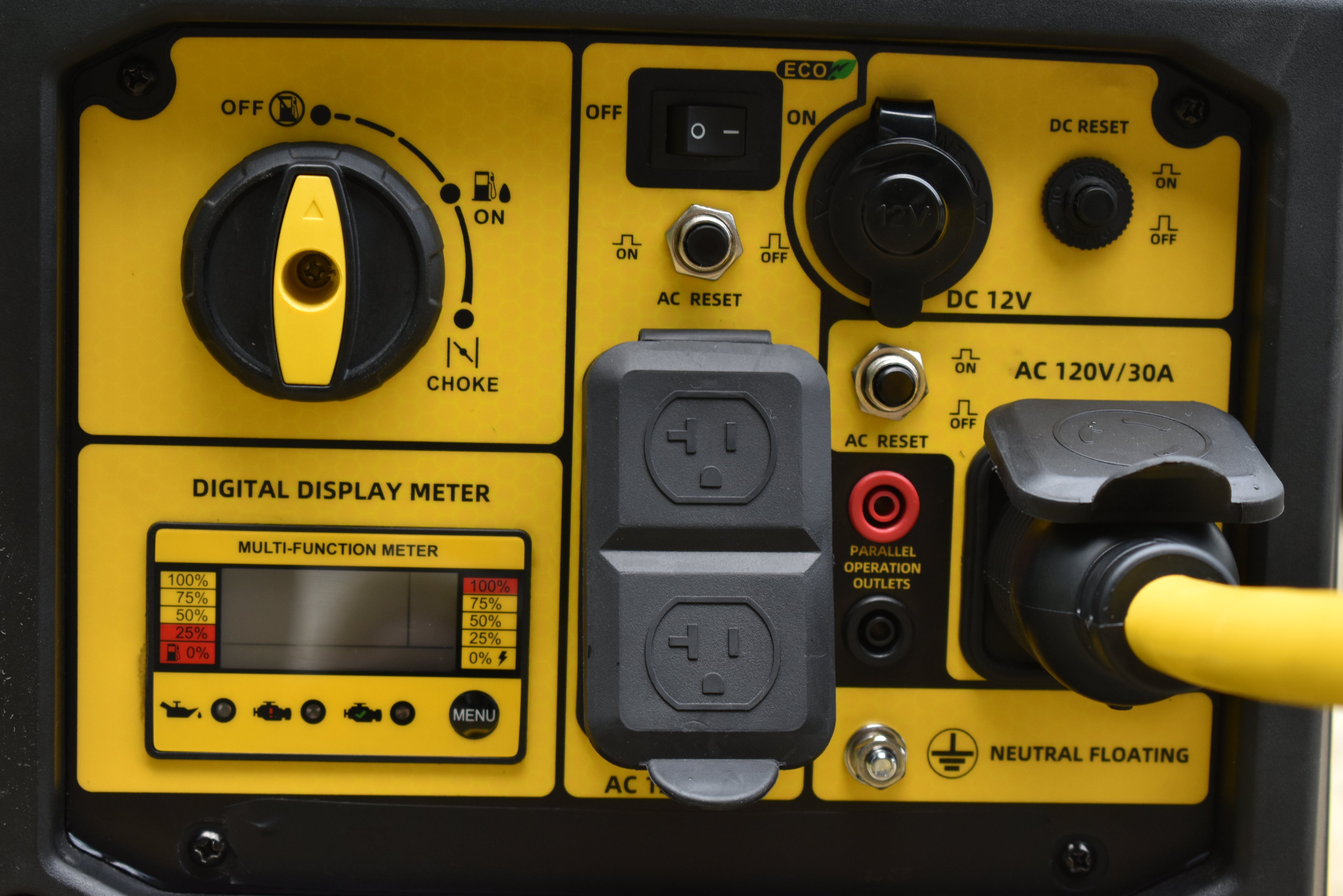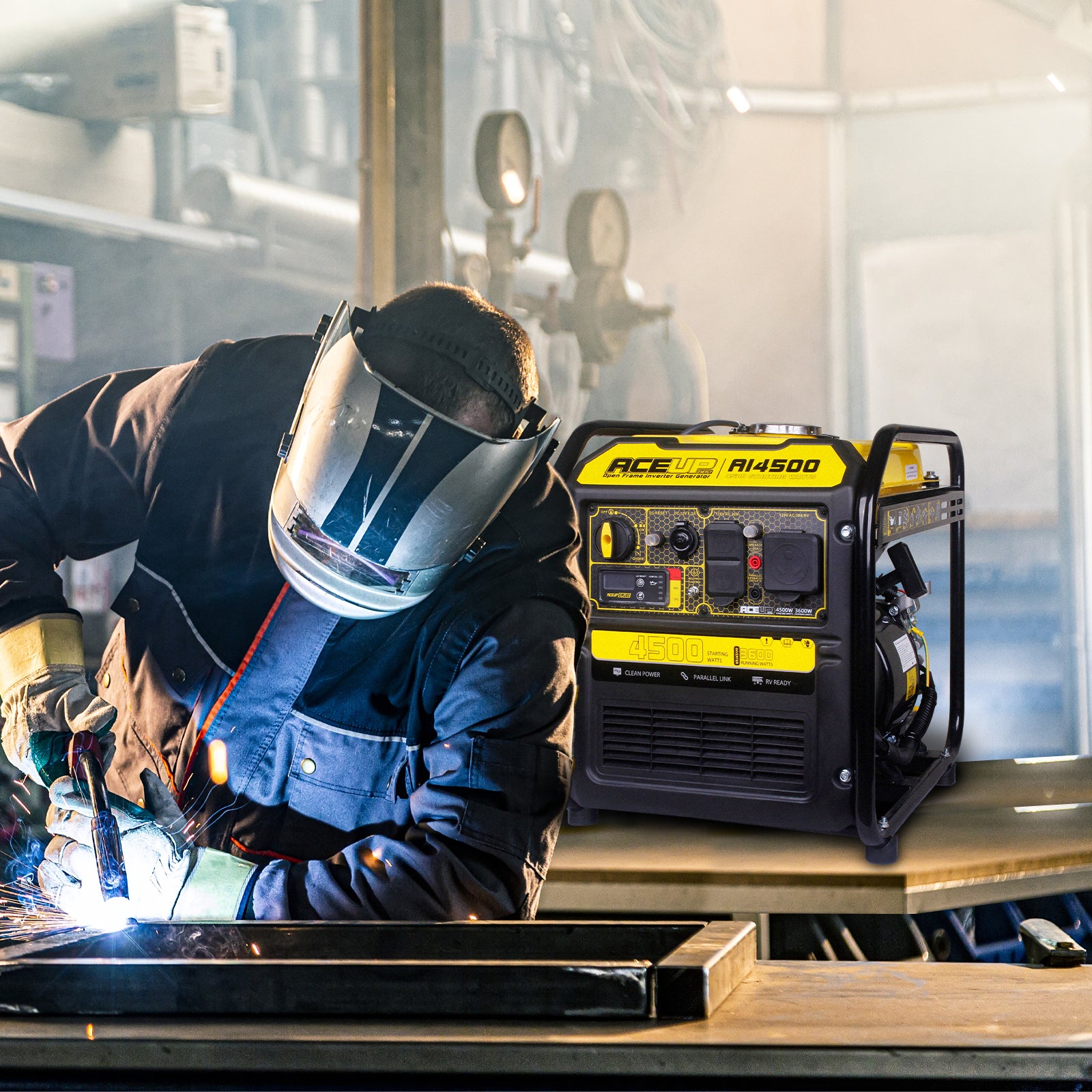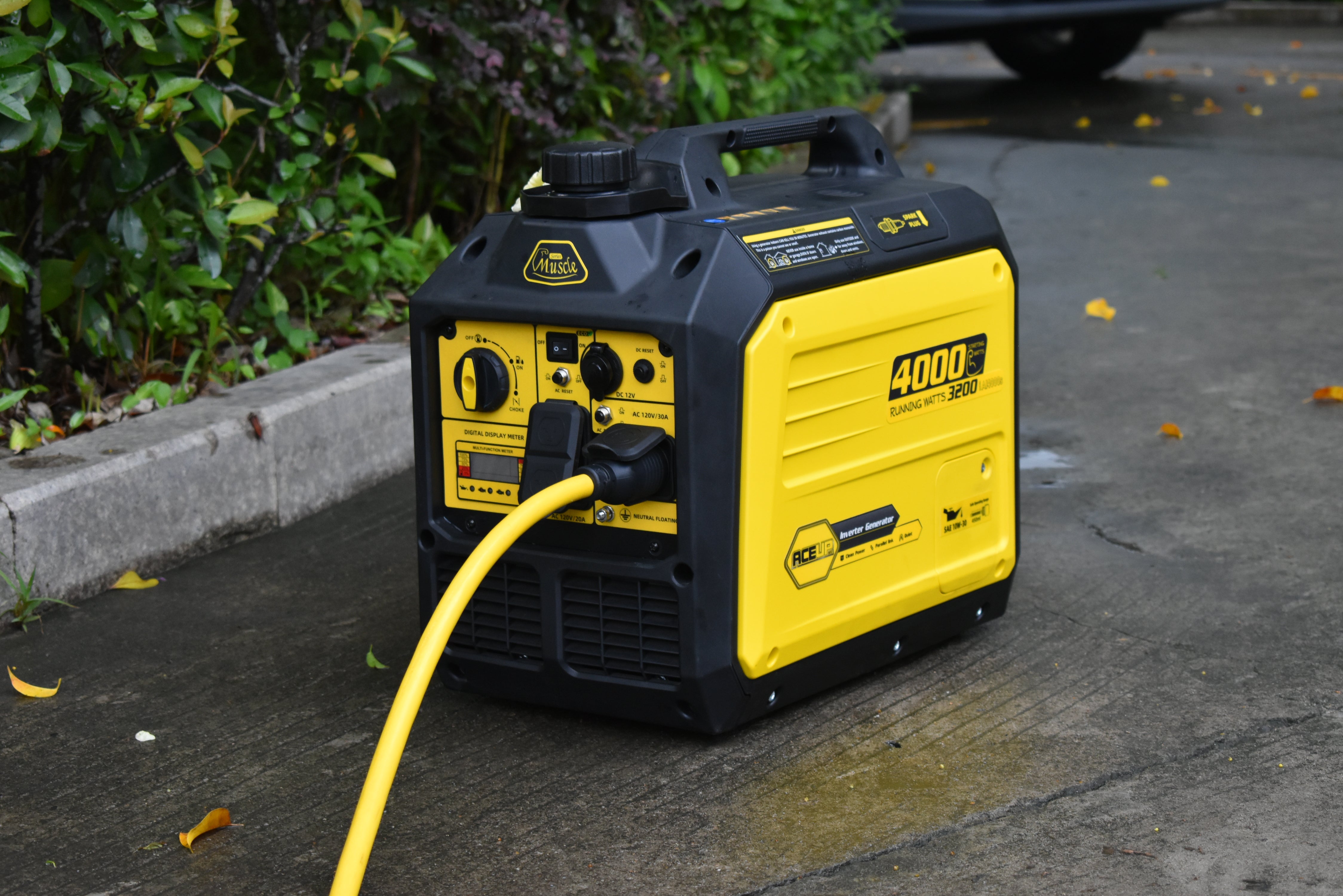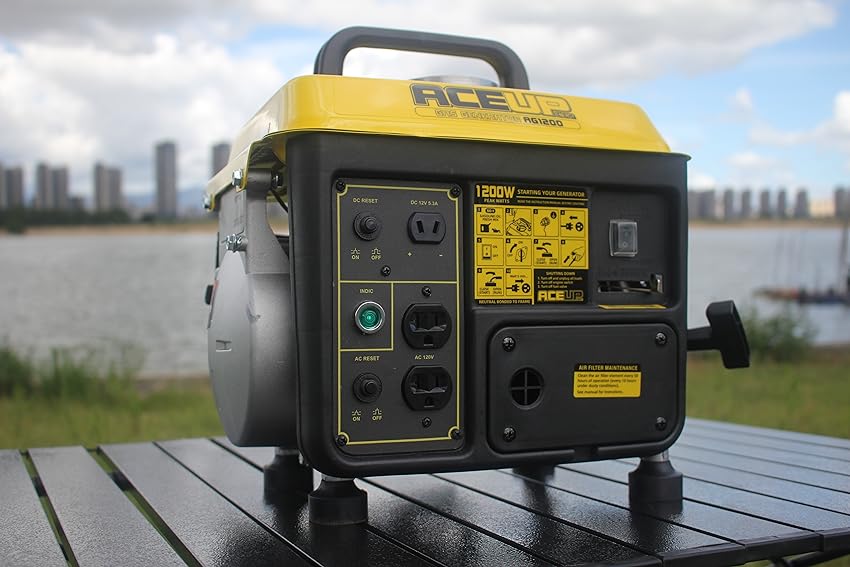
Precautions for Using the Generator
Using a generator indoors CAN KILL YOU IN MINUTES. Generator exhaust contains carbon monoxide. This is a poison you cannot see or smell.
1. NEVER use it inside a home or garage, EVEN IF doors and windows are open.
2. Only use OUTSIDE and far away from windows, doors, and vents.
3. Adequate, unobstructed flow of cooling and ventilating air is critical to correct generator operation.
4. Do not alter the installation or permit even partial blockage of ventilation provisions, as this can seriously affect the safe operation of the generator. The generator MUST be operated outdoors.
5. Avoid water contact with a power source.
6. Turn utility and emergency power supplies to OFF before connecting the power source and load lines.
7. It is recommended to obtain parts and service from your local IASD to keep this unit in safe working order.
8. Do not operate the unit on uneven surfaces, or in areas where it can be exposed to excessive moisture, dirt, dust, or corrosive vapors.
9. Moving Parts. Keep clothing, hair, and appendages away from moving parts.
10. When operating the machine, do not touch hot surfaces. Keep the machine away from combustibles during use. Hot surfaces could result in severe burns or fire.
11. Equipment and property damage. Do not alter the construction of, installation, or block ventilation for the generator. Failure to do so could result in unsafe operation or damage to the generator.
12. Do not insert any object through the air cooling slots. Generators can start at any time and could result in death, serious injury, and unit damage.
13. Never use the generator or any of its parts as a step. Stepping on the unit can stress and break parts, and may result in dangerous operating conditions from leaking exhaust gases, fuel leakage, oil leakage,etc.
14. If you start to feel sick, dizzy, or weak after the generator has been running, move to fresh air IMMEDIATELY. See a doctor, as you could have carbon monoxide poisoning.
15. National Electric Code (NEC) requires the frame Vertical CO Warning Decal and external electrically conductive parts of the generator be properly connected to an approved earth ground. Local electrical codes may also require proper grounding of the generator. Consult with a local electrician for grounding requirements in the area.
16. Use a ground fault circuit interrupter (GFCI) in any damp or highly conductive area (such as metal decking or steel work).
17. In the event of electrical accident, immediately shut power OFF. Use non-conductive implements to free victim from live conductor. Apply first aid and get medical help.
18. Accidental Start-up. Disconnect the negative battery cable, then the positive battery cable when working on unit.
19.Explosion and Fire. Fuel and vapors are extremely flammable and explosive. Add fuel in a well ventilated area. Keep fire and spark away.
20.Do not overfill fuel tank. Fill to 1/2 in. of top of tank to allow for fuel expansion. Overfilling may cause fuel to spill onto engine causing fire or explosion.
21. Risk of fire. Allow fuel spills to completely dry before starting engine.
22. Do not operate the generator if connected electrical devices overheat, if electrical output is lost, if engine or generator sparks or if flames or smoke are observed while unit is running.
23. Keep a fire extinguisher near the generator at all times.

